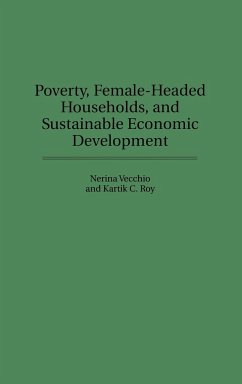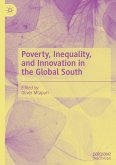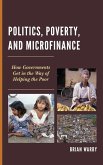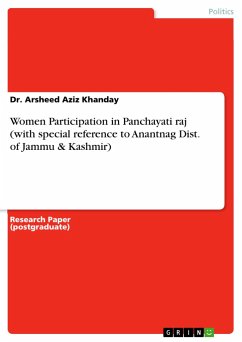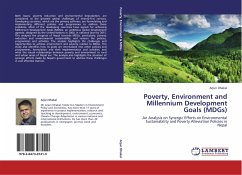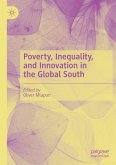This book examines female-headed households (FHHs) in the world economy, aspects of their poverty, and the implications of those for sustainable development. Following a general discussion of FHHs in the world community, the work discusses FHHs in two regions of India, one being an example of unsuccesssful development and the other of successful development. The research is based on fieldwork in five rural villages. One village, comprising mostly female-headed households, provided a unique case study. The other four villages include both male- and female-headed households with a high proportion of female-headed households. The authors found that female-headed households dominate the poorer sections of the community, and women's access to resources is limited by cultural, social, and economic influences. Women, particularly those in FHHs, bear the heaviest burdens in times of economic hardship. These women face more forms of discrimination outside the home than women from male-headed households. They have fewer customary rights but greater freedom of movement and more opportunities for paid employment. The authors go on to show that the benefits of government development programs have not reached remote areas. The trickle-down approach has not worked, but sustainable development programs focusing on women's development and self-responsiblity have helped to lift the economic status of women in general and FHHs in particular.
Hinweis: Dieser Artikel kann nur an eine deutsche Lieferadresse ausgeliefert werden.
Hinweis: Dieser Artikel kann nur an eine deutsche Lieferadresse ausgeliefert werden.

